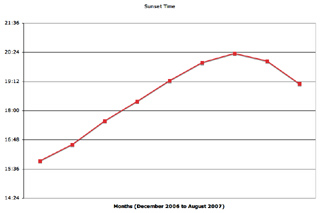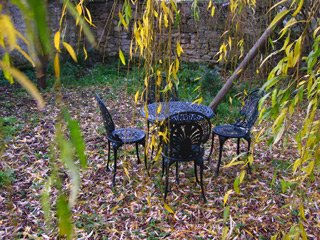Anyone interested in reading about Robert Keohane’s presentation to the Global Economic Governance Seminar can do so on my wiki. There is still nearly an hour in the session, so if someone posts a clever question as a comment, I will try to ask it. I doubt anyone will do so in time, but it would be a neat demonstration of the emerging capabilities of internet technology in education.
Since this is a publicly held lecture, I don’t see any reason whatsoever for which the notes should not be available. Those who don’t know who Robert Keohane is may want to have a look at the Wikipedia entry on him.
[Update: 7:30pm] Robert Keohane’s second presentation, given at Nuffield on anti-Americanism, was well argued but not too far off the conventional wisdom. I am here taking “the conventional wisdom” to be that in a survey on Anti-Americanism that I am almost sure ran in The Economist during the last couple of years.
Basically: it does exist, more so in the Middle East than anywhere else. The Iraq war has exacerbated it almost everywhere, but the biggest turn for the worse has been in Europe. The policy impact of Anti-Americanism is not very clear. Finally, lots of what would be taken as a legitimate political stance if expressed by an American at home is taken as Anti-Americanism elsewhere.
Keohane distinguished four sorts of Anti-Americanism, three of which have been expressed on this blog. The first was the kind grounded in the belief that the United States is not living up to its own values: what he called Liberal Anti-Americanism. Guantanamo, and everything that word conjures up, gives you the idea. The second is social Anti-Americanism: for instance, objections to the death penalty of the absence of state funded health care. The third is Anti-Americanism based on fear of encroachment into the domestic jurisdiction of your state, what he called the state sovereignty variety. The last was radical Anti-Americanism, which I would suggest is distinguished more by the language used to express it, the degree to which the positions taken are extreme, and the kind of actions justified using it than by the kind of analysis that underscores the rational components thereof.




